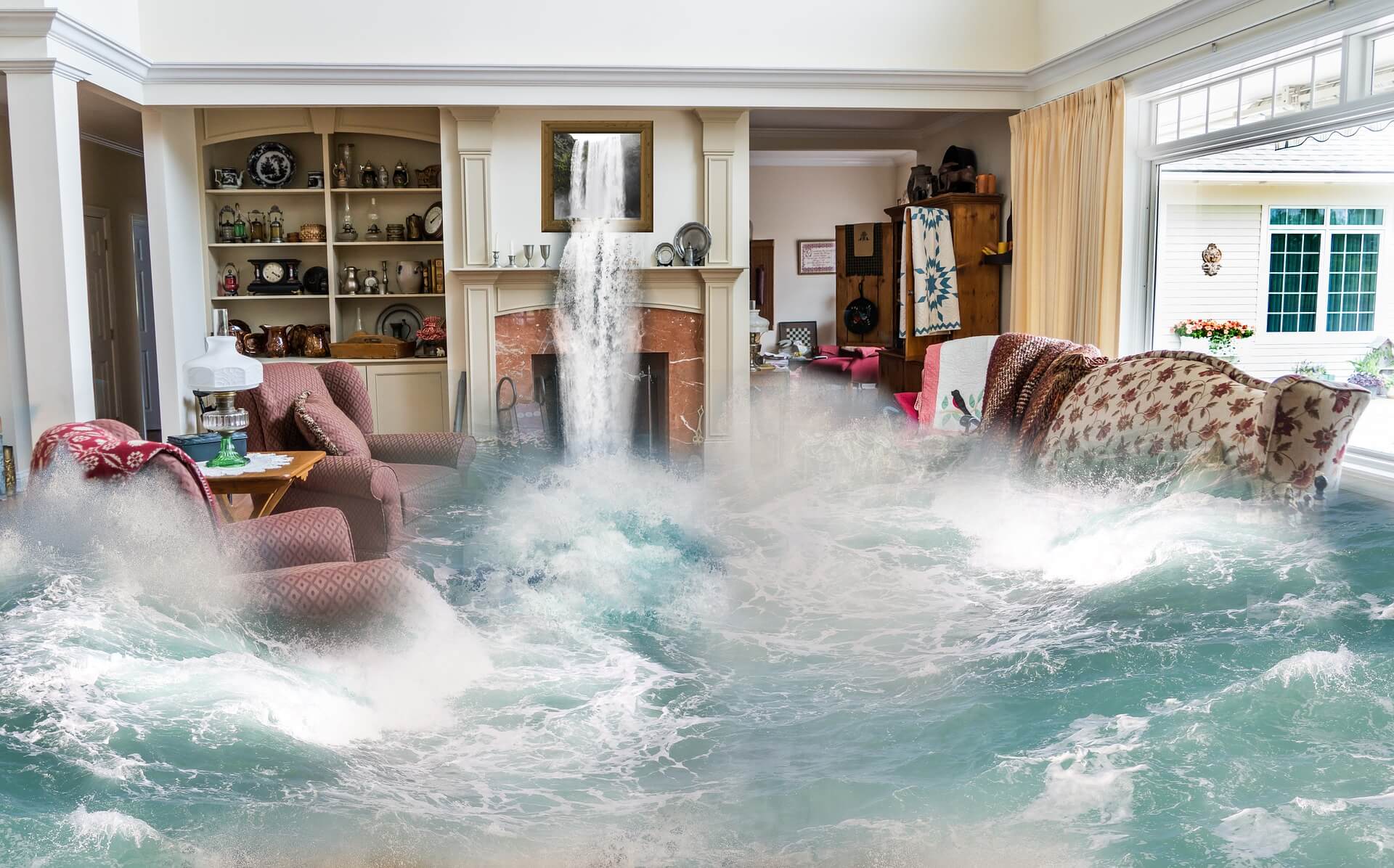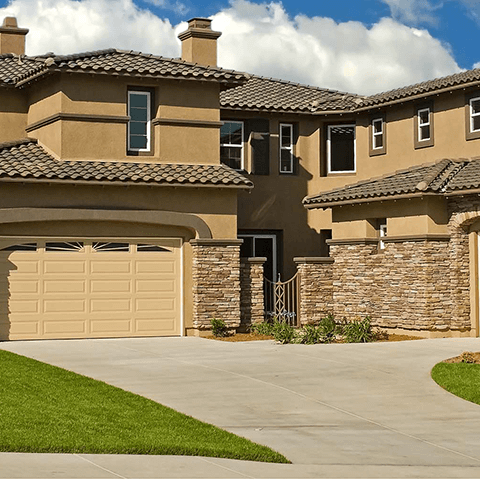
EMERGENCY FUND: WHY YOU NEED IT, AND HOW TO START IT
Homeownership is not just about paying the mortgage every month. From general maintenance to large repairs and upgrades, the dollars add up quickly. And expenses are not just limited to your house. From health issues to job loss, we never know what the future may bring. The best we can do is prepare, which includes establishing an emergency fund so you have quick access to money when you need it.
Why an Emergency Fund
When we talk about an emergency fund, we mean cash on hand—in a savings account or somewhere easily accessible. You do not want to get into a bind because you suddenly need a new water heater and your available money is tied up in investments, 401(k) accounts, and so on. Though you can sometimes use your long-term savings and retirement accounts to cover large home expenses, you may face penalties for early withdrawal of funds, and you may not be able to get immediate access to that money. Credit cards are also not a great resource since you will be incurring interest. When you need money fast, you want to be able to go no farther than your local bank to withdraw what you need.
Home Repair Surprises
Some people assume their home warranty or homeowner’s insurance will take care of any major repairs. However, this is not always the case. For example, most policies will not cover certain natural disasters like floods and earthquakes. Detached structures like garages and workshops may also fall outside of your policy. In fact, none of the following are typically covered by homeowner’s insurance:
- Ground movement caused by earthquakes, landslides, and sinkholes
- Foundation issues caused by the above
- Flood damage
- Mold
- General wear and tear
- Termites
- Mice, rats, and other vermin infestations
Another mistake people make is underestimating the price tags of smaller repairs and upgrades. These are the typical costs that come with homeownership, like repainting, maintaining the landscaping, or replacing appliances, the hot water tank, and flooring.
How to Get Started
No matter where you are in your journey—planning to buy for the first time, new homeowner, or long-time homeowner—now is the time to start saving. Start small, and gradually increase the amount you set aside as your budget allows. The goal is to build your savings to the point that you have at least six months of living expenses set aside. This will give you a suitable cushion for most circumstances that may arise, including job loss or medical bills. If this seems daunting, start with a smaller goal and then build from there. Even an emergency fund of a few hundred dollars can help with many unexpected expenses. If you find you need to dip into your savings, replenish your account as soon as you can.
Homeownership is a goal many seek. Once you achieve this goal, you need to take steps to protect your investment. With an emergency fund in place to cover what life may bring, you will have peace of mind knowing you can cover the unexpected and keep your home protected.

